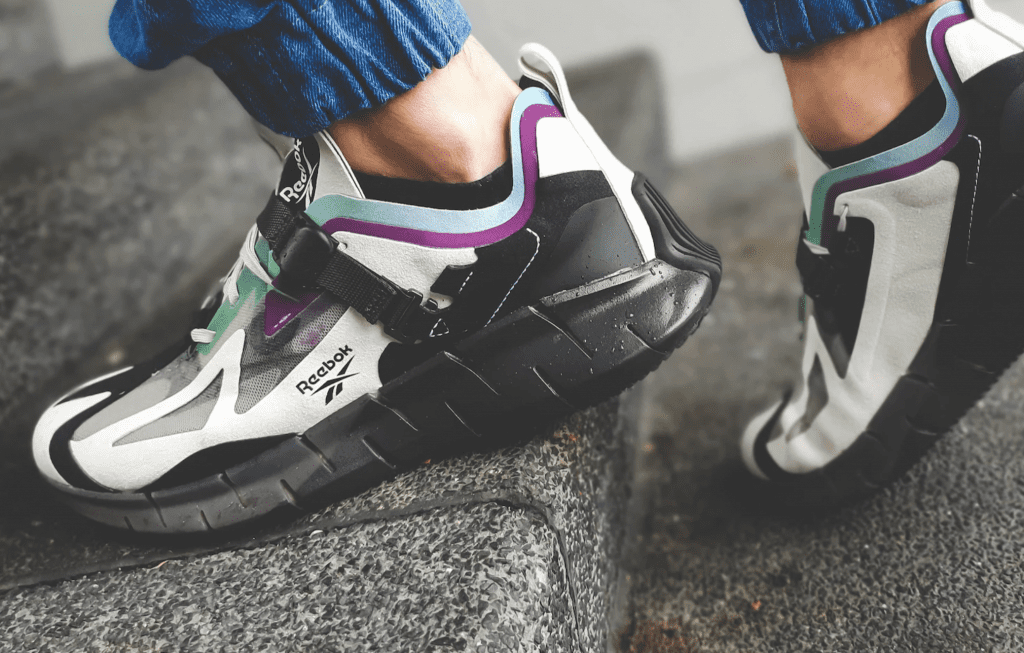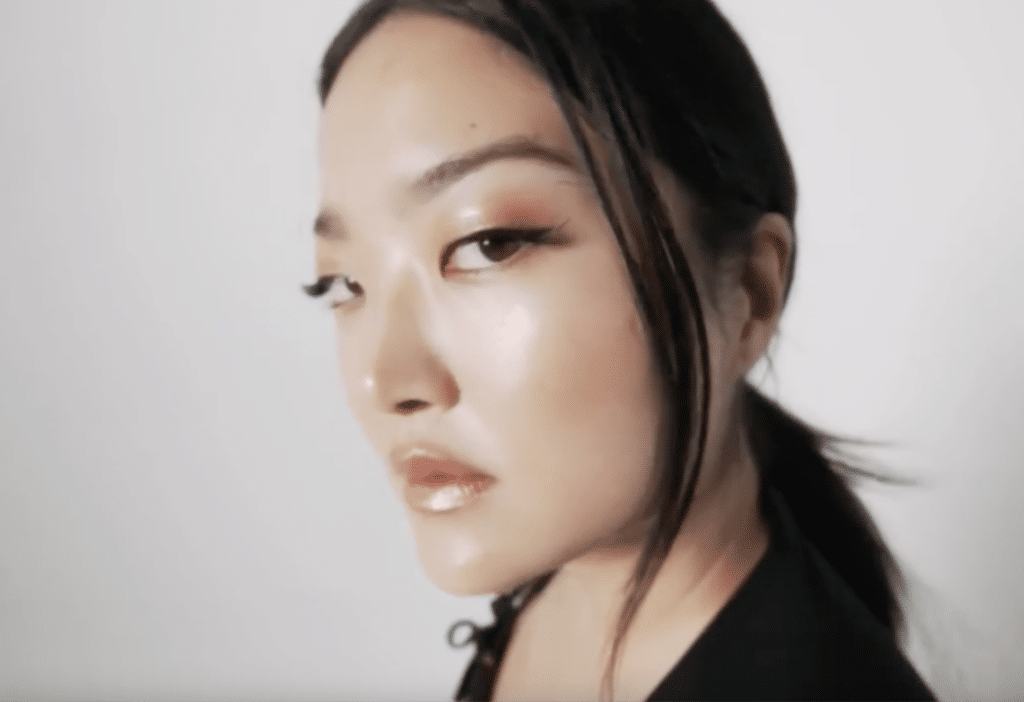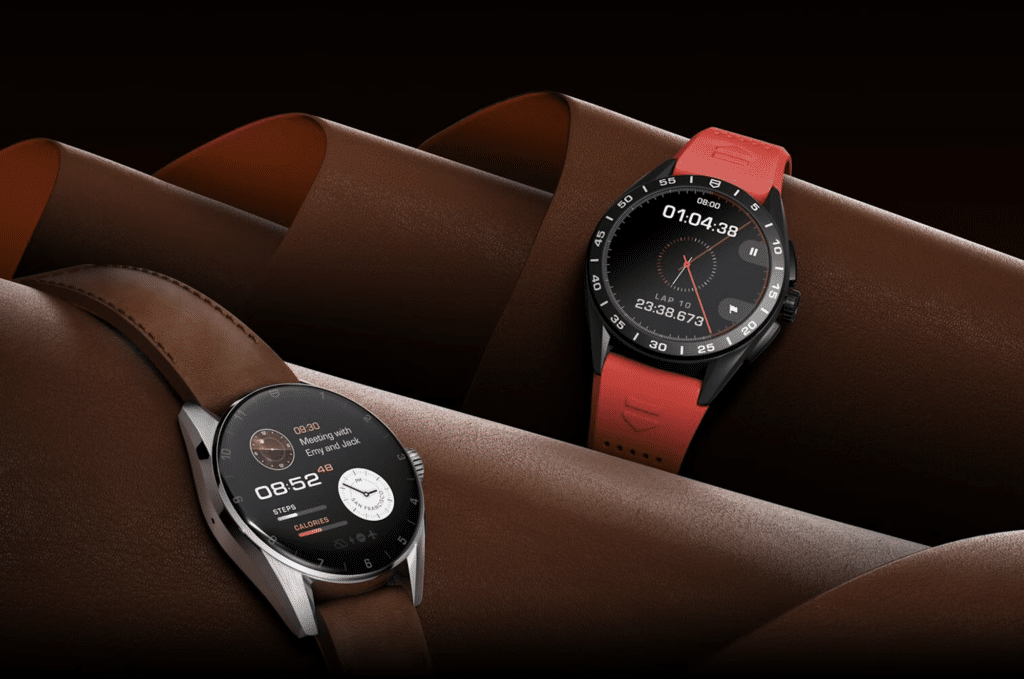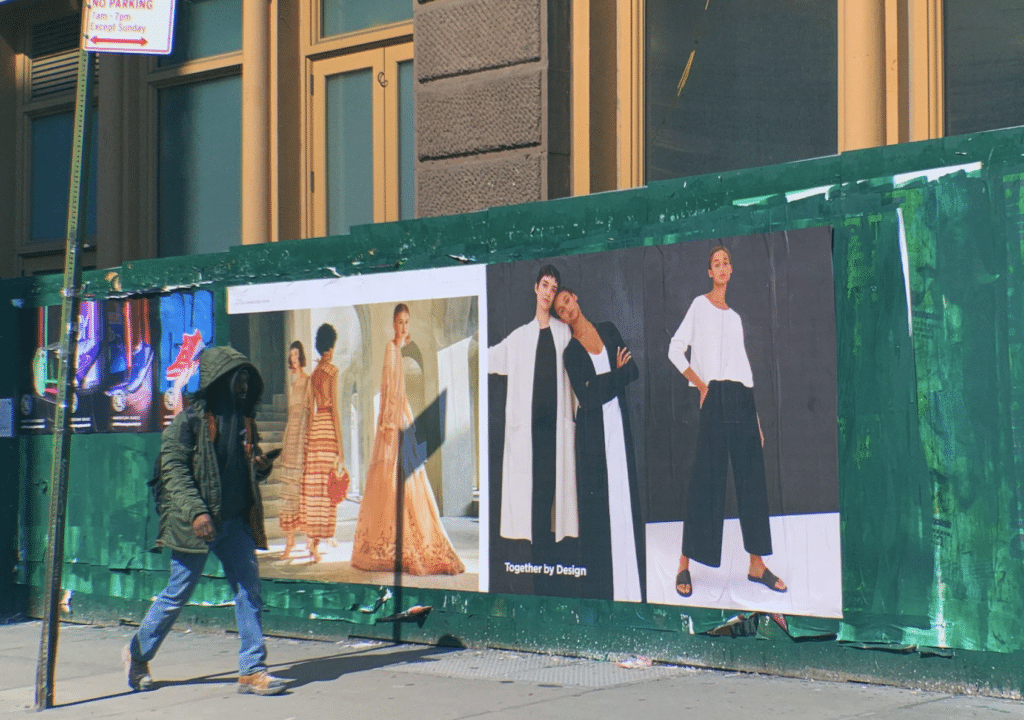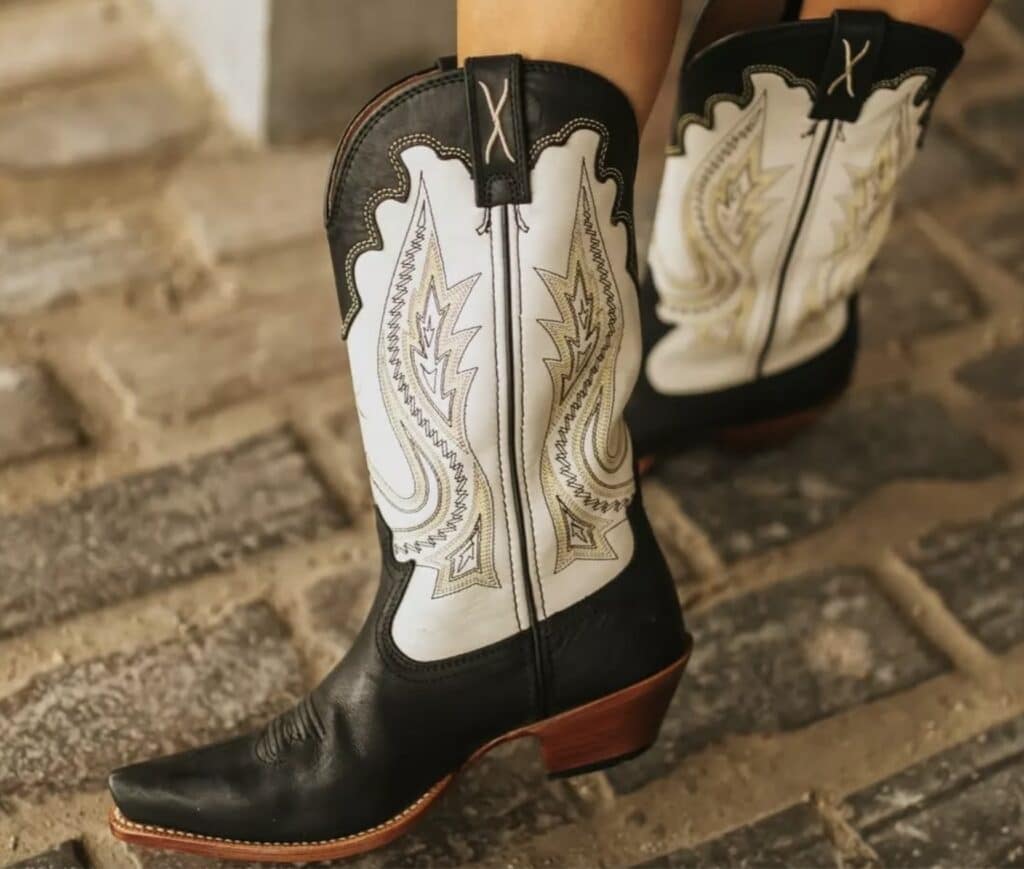Reebok is waging a trademark lawsuit against Autry International, S.r.l and Autry USA, LLC (collectively “Autry”), accusing the footwear brand of “aggressively marketing and selling blatant knockoff versions of Reebok shoes” and infringing its trademark rights in the process. According to the newly filed complaint, Reebok asserts that Florence-headquartered Autry’s infringement scheme is so rampant that “every single shoe that Autry offers [on its website] bears, without permission, Reebok’s Window Box Mark in order to trade off consumer recognition and goodwill in that nearly forty-year-old trademark.”
Setting the stage in the trademark infringement complaint that it lodged with a federal court in Massachusetts on May 9, Reebok states that at the heart of its brand is a portfolio of “unique, instantly recognizable trademarks, logos, and trade dresses” that it “has used to sell its highly sought-after footwear to consumers across the globe.” Among such marks is the “iconic Window Box design mark,” which Reebok describes as consisting of “an elongated rectangular inset box” that it has “consistently used as a source identifier in connection with upwards of 250 shoe lines in the U.S. since at least as early as 1981.”
Additionally, Authentic Brands Group-owned Reebok points to its Crosscheck trademark, which consists of a “stylized cross-check,” and its Stripecheck design trademark, which takes the form of “a stylized cross-check overlapping intersecting stripes.”
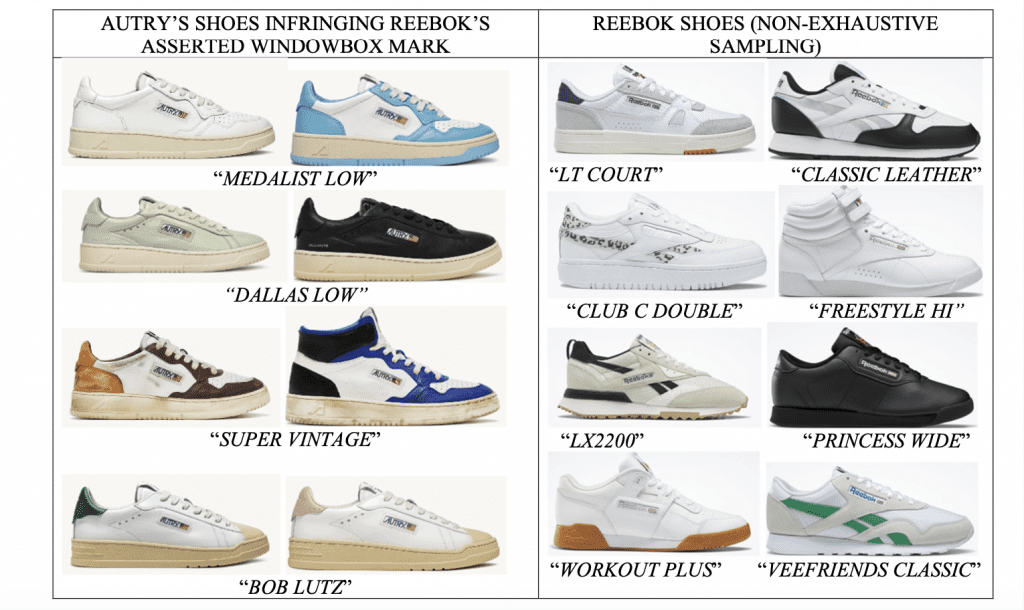
Reebok claims that it has “multiple incontestable federal trademark registrations,” including two (Reg. Nos. 1,196,293 and 1,831,392) for the Stripecheck design configuration. Making its case for robust common law rights in the Crosscheck mark, Reebok alleges that “there is no question that, as a result of [its] promotional and sales efforts over the past four-plus decades,” the mark is “one of the most recognizable, iconic, and valuable trademarks in the footwear industry.” Specifically, Reebok states that it has sold hundreds of millions of shoes bearing the Crosscheck mark, thereby, generating of billions of dollars in revenue, and spent “many millions of dollars” advertising the mark in the U.S.
At the same time, Reebok maintains that in the U.S., alone, it has also sold “a billion shoes bearing the Window Box mark. Reebok notes that the Window Box mark is “often used in conjunction with the word mark REEBOK and an image of the Union Jack flag,” but nonetheless, suggests that its rights extend to uses of the Window Box without the Reebok word mark, as it “has used the mark both with and without the REEBOK Union Jack mark and with no insert at all.”
TLDR: Thanks to its consistent use of the Stripecheck, Crosscheck, and Window Box marks, the sales success of those marks, and its widespread advertising, among other factors, the marks have “become synonymous with Reebok and its high-value products.”
Autry’s Alleged Infringement
As distinct from its practice of “devot[ing] significant time and resources over approximately 40 to 50 years to build and maintain significant goodwill in, and consumer recognition of, [its] valuable marks,” Reebok alleges that Autry has “outright copi[ed]” its marks – “with full knowledge of [its] decades-old rights and the tremendous value and goodwill embodied in [those] marks” – in an effort to confuse consumers as to the source of its footwear. In fact, Reebok asserts that Autry has “unabashedly positioned itself in the market by applying a single business strategy: to use without permission the well-known intellectual property of established footwear companies to sell high-priced knockoff sneakers to consumers in the U.S.”
(Note: In arguing that Autry’s “unlawful business strategy” of infringement is “readily apparent” among consumers, Reebok highlights social media comments from consumers that characterize Autry as a “copycat brand” that sells “Reebok knockoffs.” It is not clear (to me, at least) how this will help Reebok’s critical confusion claim, as such examples seem to be an indication that consumers are not actually confused as to the source/nature of the Autry shoes.)
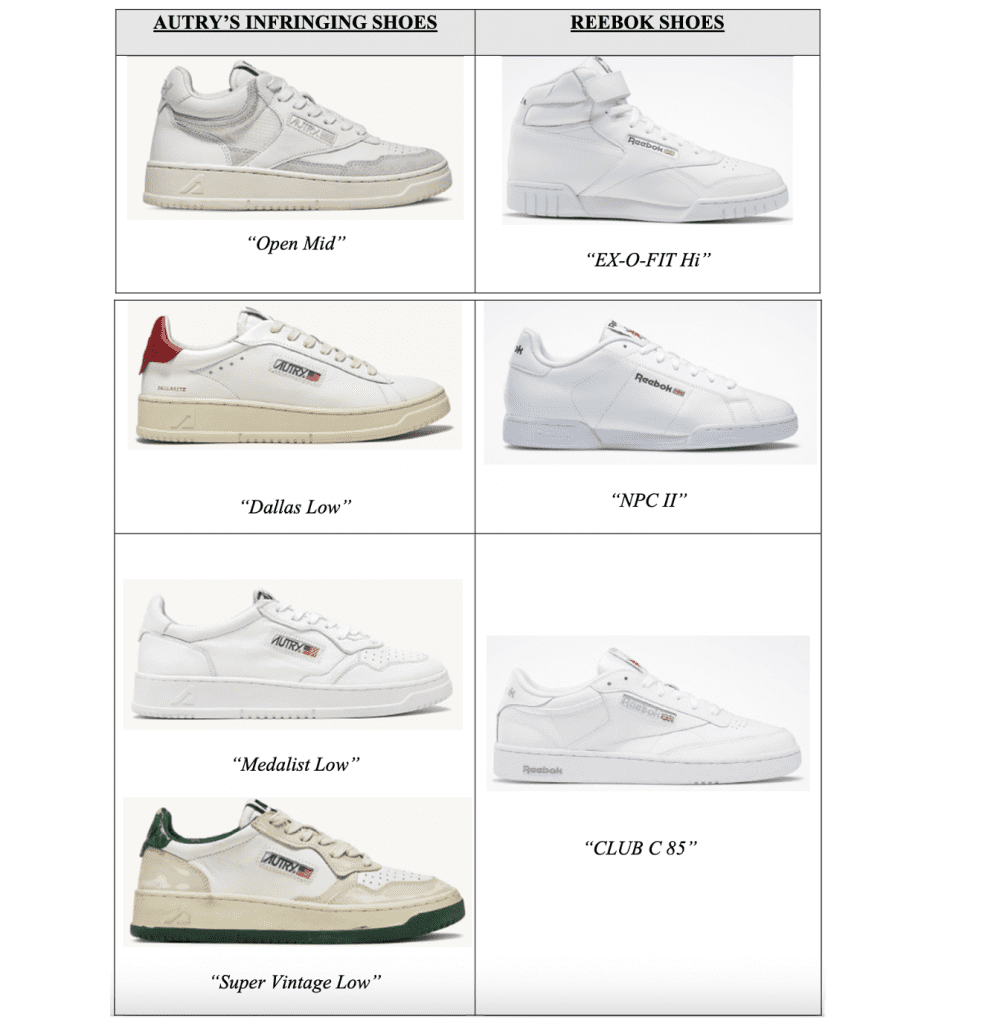
“Hoping to capitalize on the confusion [it is] sowing” by using trademarks that are confusingly similar to Reebok’s marks, Reebok claims that Autry goes further by copying Reebok shoe styles (“most, if not all, of Autry’s infringing shoes are mere amalgamations of various design elements included in Rebook’s wildly popular shoes,” per Reebok) and marketing/selling them to “the same and/or similar consumers and prospective consumers as Reebok” via similar retailers and channels of trade.
In addition to the risk of consumer confusion at the point of sale or in the post-sale context, Reebok argues that “the false association with Reebok created by Autry’s willful infringement” and its practice of “flooding the market with lower quality, confusingly similar knockoffs … also threatens to harm, and has in fact harmed, Reebok’s reputation for high quality collaborations.”
And in one more note that I think is interesting: Reebok claims that Autry’s inclusion of its own name and American flag logo is further evidence of the “willful and intentional” nature of its copying. “Conclusive of Autry’s blatant copying is that all of Autry’s knock-off shoes simply remove the REEBOK Union Jack mark that is often (but not always) inside the Window Box mark on Reebok shoes, and include in its place a confusingly similar, red, white, and blue, U.S. flag.” While Autry will likely argue that this lessens the potential for consumers to be confused about the source of the sneakers, Reebok contends that in light of its own pattern of collaborating with other brands, Autry’s inclusion of the AUTRY FLAG LOGO inside the Window Box mark “does nothing to alleviate the likelihood of confusion, and instead, actually “suggests a partnership or affiliation with Reebok.”
With the foregoing in mind, Reebok sets out claims of trademark infringement, unfair competition, false designation of origin, and false advertising, and is seeking monetary damages, as well as injunctive relief to bar Autry from “advertising, marketing, promoting, offering for sale, distributing, or selling the infringing shoes,” among other things.
A rep for Autry was not immediately available for comment.
The case is Reebok International LTD., LLC v. Autry USA LLC, 1:23-cv-10966 (D. Mass.).







